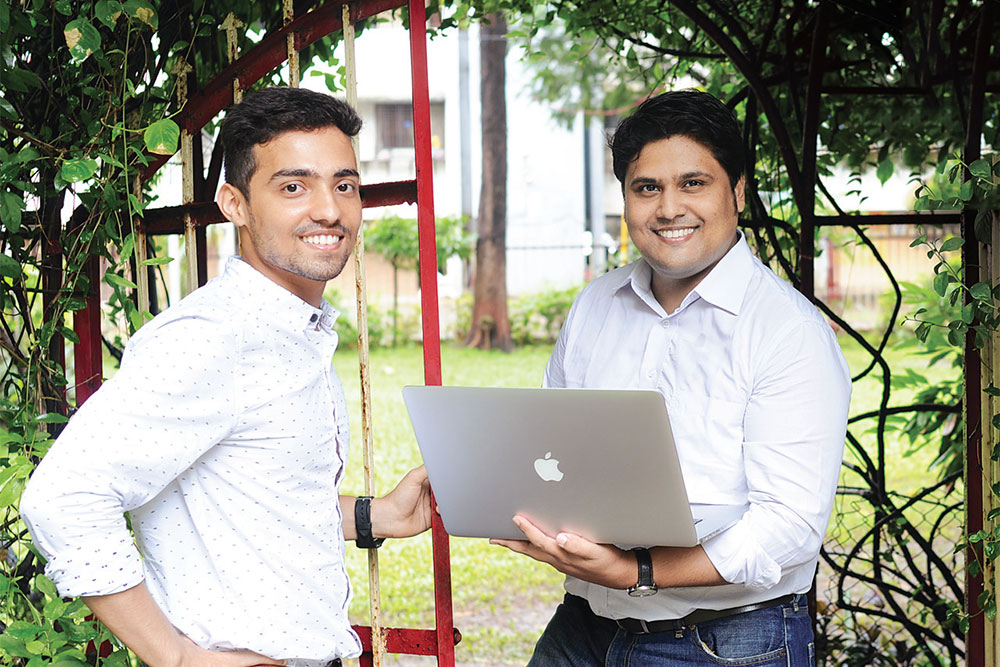It was an intellectual property dispute that jeopardised the release of the Hollywood movie Hangover 2 in 2011. S Victor Whitmill, tattoo artist of the famous boxer Mike Tyson, filed a lawsuit against Warner Bros alleging the movie used his copyrighted tattoo design without consent. Whitmill and the movie studio later came to an agreement, but IP disputes still continue to be a pain for the corporate world.
Traditionally litigation has been the norm to reach a solution, however the slow and expensive process has been troubling mid-sized corporations and small businesses as well. And, IPHawk, a Mumbai-based company, has an affordable solution should you ever find yourself caught up in a similar case.
“We are trying to automate the initial part of the process by using Artificial Intelligence (AI) to identify infringement and give an automatic response to it,” says Pranab Salian, founder, IPHawk. Salian, who previously worked with companies such as WNS, Amazon and Walt Disney, started IPHawk along with Gaurav Shetty in July investing around Rs.2 lakh. The duo bagged their first cheque worth Rs.25 lakh in the same month during the TiE Smasher award — a spot fundraising competition held in Mumbai.
IPHawk’s machine learning algorithm scrapes common venues of infringement — such as, e-commerce marketplaces where fake products are sold under brand names — and picks up a lot of metadata during the process. Salian explains it, “Say somebody has copied your video and uploaded it on YouTube. Using the metadata around that, such as what kind of person uploaded the video, what kind of traction history that video has got and so on, signal points and a profile are created. For videos, we have around 30 such signal points.” A machine learning-based internal classifier then tries to spot an infringement. Once detected, either an automatic response is sent out to the infringer or is presented in front of the client who decides how to go about it.
IPHawk presently has around 30 small businesses as customers and one enterprise customer. It follows a subscription model starting at Rs.6400 per year for small customers who are billed annually around Rs.1.6 lakh for large customers who are billed monthly. The team, which hopes to gain a revenue of around Rs.21 lakh by the end of FY18, targets to achieve around Rs.7.6 crore by the second year. Clients from IP-intensive industries like media and technology, whose average subscriptions are higher than generic enterprises, are expected to bring in the larger chunk of the revenue, around 36%, while consulting engagements are expected to bring in around 5% of the business by the end of the second year.
North America being the first market to target, IPHawk plans to have sales teams in the US and Canada and is also weighing options of entering a Canadian accelerator program, which could provide it with better market access. The three-member team aims to continue being a lean team though. “As a B2B start-up with a scalable technology product, we have the advantage of not needing to linearly scale the team as revenues grow. We will be hiring data scientists and analytics experts, and ramping up our inside sales team, with a view of to growing to a 10-member team in our second year,” Salian says. All considered, next time you find someone duplicating your content, you know just who to reach out to.











